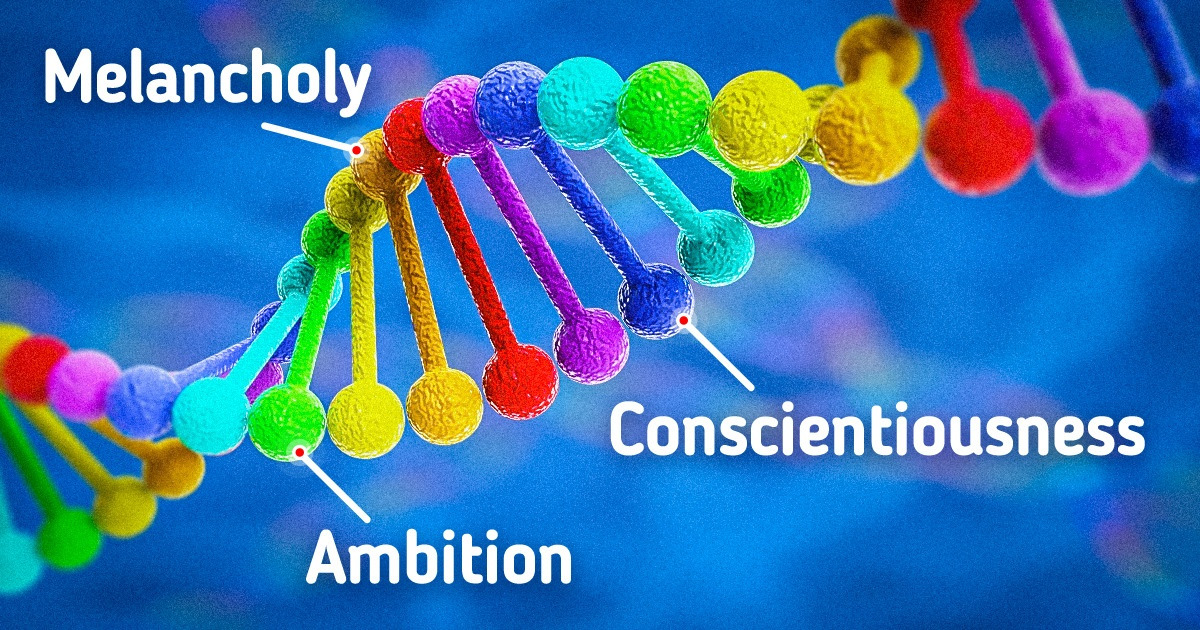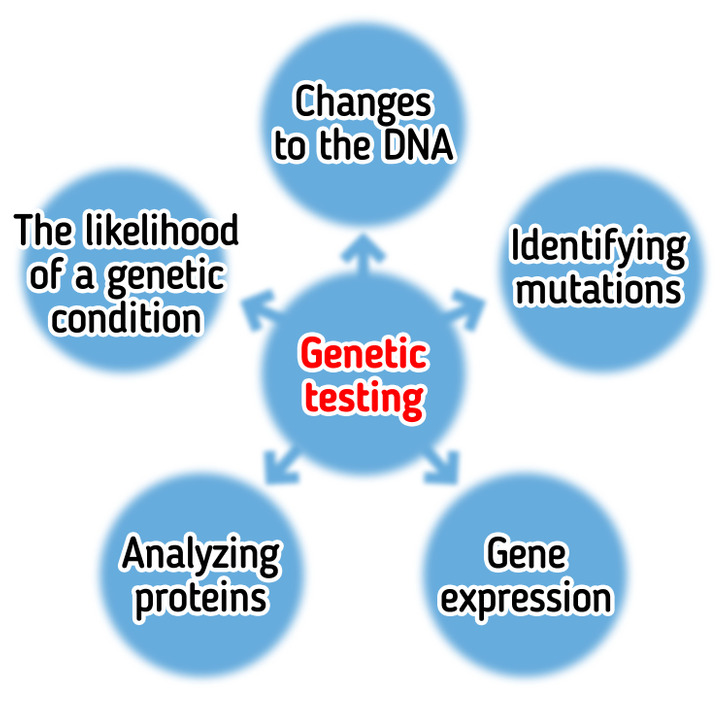
A Simple Definition of Genetic Testing, and How Safe It Is

Scientists discovered a gene that is responsible for human conscientiousness. Special genetic testing lets us identify this gene and many others. It can look inside your DNA and reveal a lot more than you might want to know.
5-Minute Crafts would like to tell you about what genetic testing is, what it is needed for, and whether it’s safe.
A simple definition of genetic testing
Genetic testing is a type of medical test that helps you do the following:
- Detect changes in genes, chromosomes, or proteins.
- Confirm or rule out a suspected genetic disorder.
- Determine a person’s chance of developing or passing on a genetic disorder.
- Provide information about a person’s ancestry.
- Identify a person within a forensic medical examination.
To date, there are more than 77,000 genetic tests, and even more are being developed.
It is known that a human personality is 30% to 60% heritable.
How genetic testing is carried out

A genetic test is done using a sample of blood, saliva, skin, hair, amniotic fluid, or other tissue. The sample is sent to the laboratory where it is examined by technicians. The test results are reported in writing to a person’s doctor or genetic counselor, or directly to the patient.
Before having a test, you should sign the so-called informed consent form. This document means that someone explained all the necessary information to you and you voluntarily agree to have the test done. However, this is not a contract, so you can refuse to go through with genetic testing even after the test sample has been collected. You just need to notify someone about changing your mind.
Before undergoing genetic testing, you need to make sure it provides accurate results. It is very important to understand the procedure, its advantages, limitations, and possible consequences of the test results. It’s recommended to consult a health care provider before ordering a direct-to-consumer test.
What different types of genetic tests analyze

The main types of genetic tests:
- Chromosomal: These tests help identify large genetic changes, such as an extra copy of a chromosome, causing a genetic condition. For this, whole chromosomes or long lengths of DNA are studied.
- Molecular: DNA sequences are studied to identify variations (mutations) in genes that can cause or increase the risk of a genetic disorder. These tests can be narrow, which analyze an individual DNA building block (nucleotide) in one or more genes, or they can be large in scope, which analyzes all of a person’s DNA (known as their genome).
- Gene expression: These tests show which genes are turned on or off in different cell types. Overexpression (too much activity) or underexpression (too little activity) of certain genes may indicate a genetic disorder.
- Biochemical: These tests don’t analyze DNA directly, but they study the number of proteins and enzymes or their level of activity. Abnormalities in the results can indicate changes to the DNA that can cause a genetic disorder.
- Screening: These tests are only estimates that determine the likelihood of a person developing a certain genetic condition compared to other people in a similar population. So a positive screening test result doesn’t confirm the presence of the disease, it only indicates that a person’s risk of developing the genetic condition is higher than average.
What things a test can show, and what things it can’t
- It helps you understand whether you have any health problems that are or can be inherited.
- It helps you identify predisposition to certain diseases.
- It guides doctors in deciding what treatment to give you.
- It determines whether a person is genetically related to their family or whether they’re adopted.
- It can even show inherited character traits, such as conscientiousness, self-reflection, empathy, etc.
- It will show a connection between genes and mood disorders.
- As for genetic testing about a person’s ancestry, it’s not 100% reliable. Different companies can report different ancestral profiles for the same DNA sample.
It’s very important to remember that you might not like the results of a genetic test. This can be associated with certain emotional, social, and financial risks. Therefore, it’s really important to be aware of the consequences that the test results may bring, so it’s worth consulting a genetics professional before making the decision to get the test.